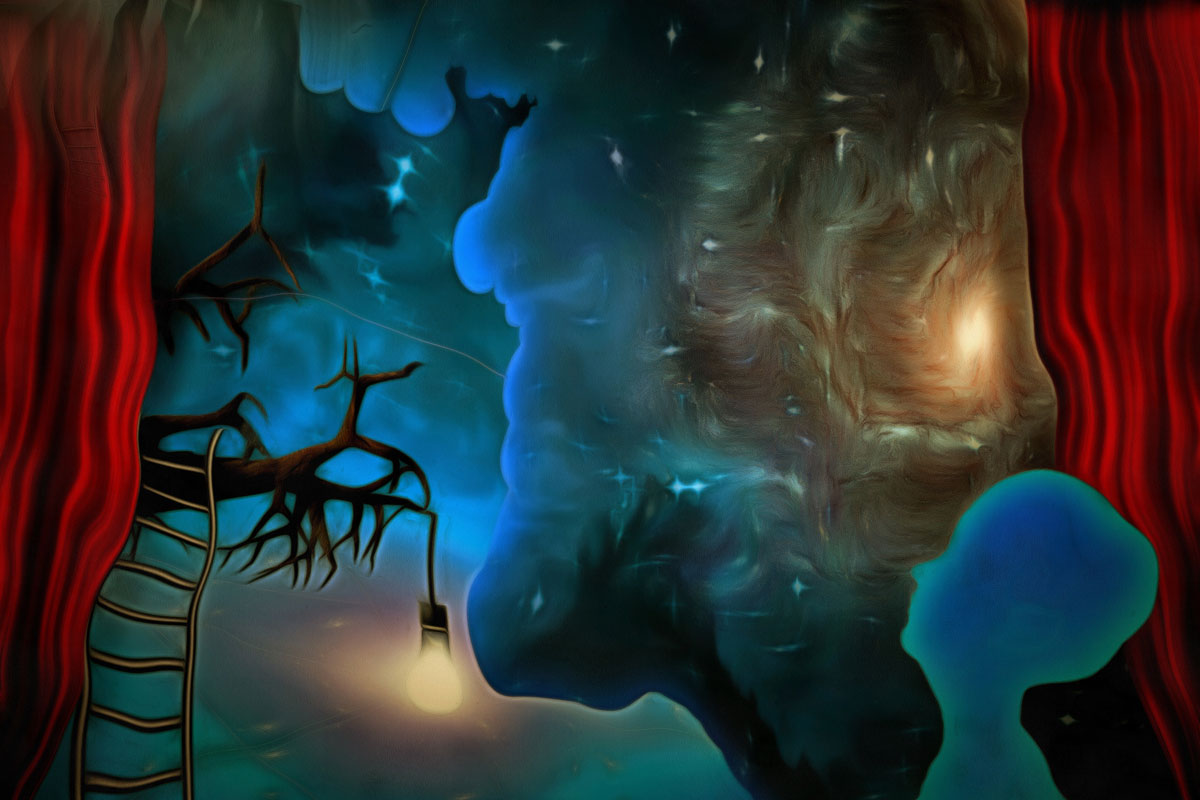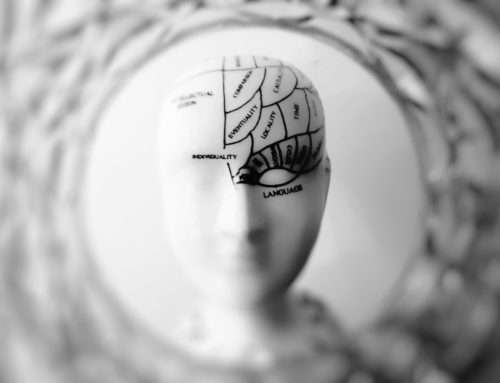Today we will be distinguishing between hallucinations and delusions, two commonly misunderstood symptoms of psychosis, schizophrenia, and a number of other psychological conditions. We will be investigating what each one is, how they differ, and where the misunderstandings about their meanings come from.
A hallucination occurs when an individual experiences a sensation without any sort of external stimulus. Whether it is heard, seen, tasted, smelled, or touched, hallucinations usually mimic actual perception, making them very difficult to distinguish from real life. People tend to confuse hallucinations with a few other phenomenon, such as daydreaming or illusions, but hallucinations stand out for their consistent likeness to reality.
For an individual experiencing them, hallucinations can significantly obstruct daily functioning. Visual hallucinations, for example, can create detailed images of people or objects that are not actually there, making simple tasks like navigation much more complicated. It is important to remember that these hallucinations are not under the individual’s control, nor do they go away when they become inconvenient. Hallucinations can cause significant emotional stress and paranoia, especially when the symptoms are left untreated.
Hallucinations do not always occur as a result of a mental illness. Audio-visual hallucinations can also be produced by psychedelic drugs, which similarly alter the individual’s perception of reality. Because many people only know about hallucinations in this recreational and temporary context, they fail to understand how hallucinations can negatively affect someone’s mental state. These kinds of hallucinations are depicted in the media as fun, transformative, and enlightening; however, they ignore the potentially traumatic effects of both temporary and chronic hallucinations.
Delusions are false beliefs that affect how an individual thinks and behaves. They often defy logic or reason and can subsist even after the individual is proven wrong. There are several common types of delusions that individuals may experience, including delusions of persecution, delusions of external control, and delusions of grandeur. It is also possible for delusions to vary day by day, making it difficult to group them under a single category. Alongside delusions, individual may also struggle to concentrate and organize their thoughts.
Like hallucinations, delusions can exist in other contexts and are relatively commonplace. Individuals may hold unchangeable and illogical opinions about specific subjects; however, these delusions are generally not symptoms of a more severe condition unless they are implausible and cause distress. Because these beliefs may be difficult to understand, many individual misunderstand delusions as a product of ignorance. The term “delusional,” for example, gets thrown around in reference to individuals with socially unacceptable opinions. This suggests that all delusions are created by ignorance and can be argued away, which is not the case.
Because hallucinations and delusions can be hard to understand for someone who has never experienced them, both have developed certain stigmas over time, framing them as something other than symptoms of mental illness. It is important to recognize the significant impact these symptoms can have on an individual’s life.
If you or a loved one is experiencing frequent hallucinations or delusions, seek help from your local Spokane health care professional. Reach out to Damaris through her contact page or calling 509-342-6592.



